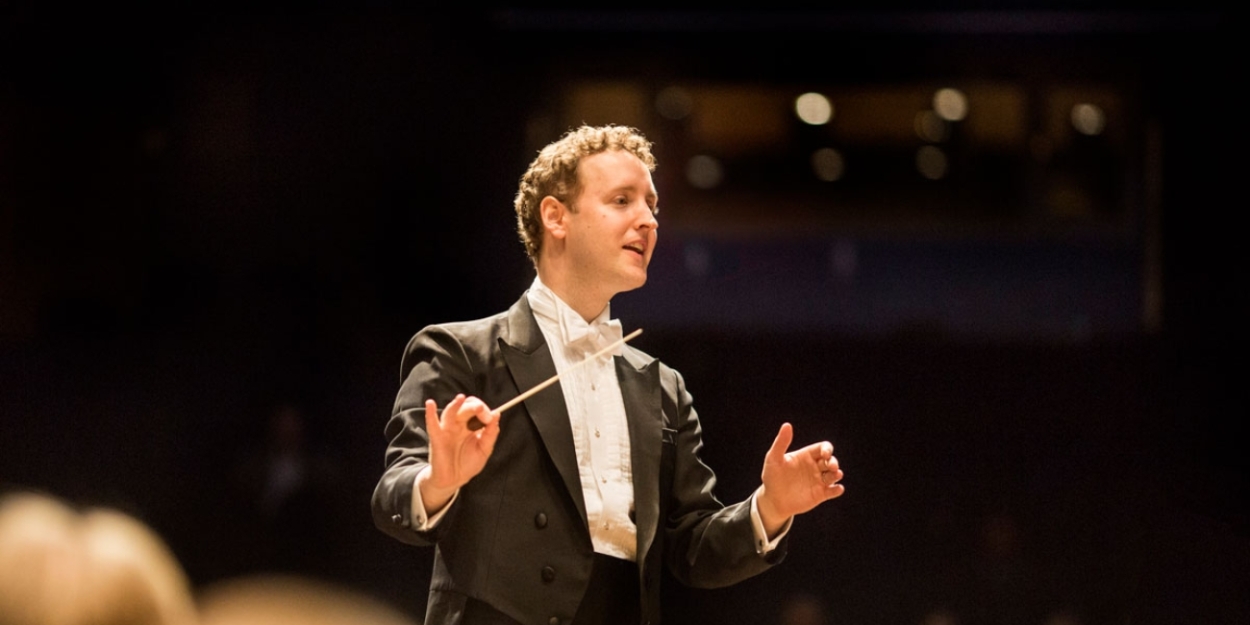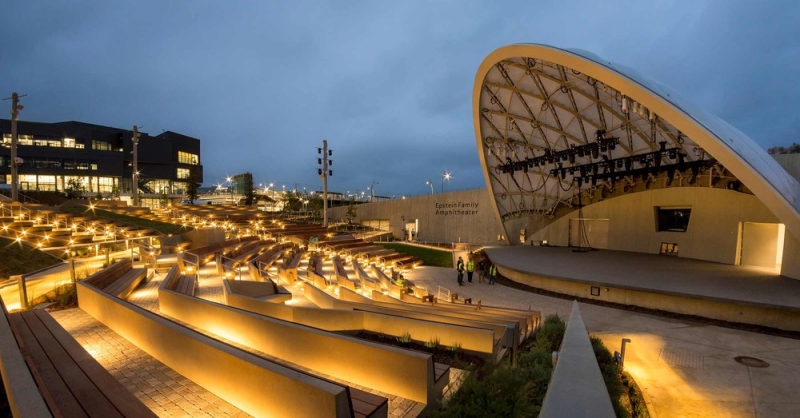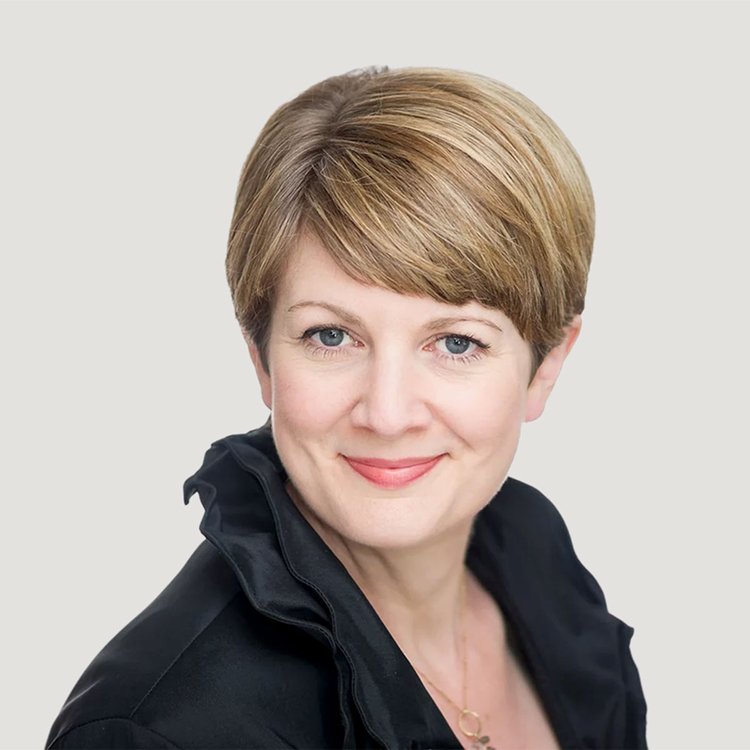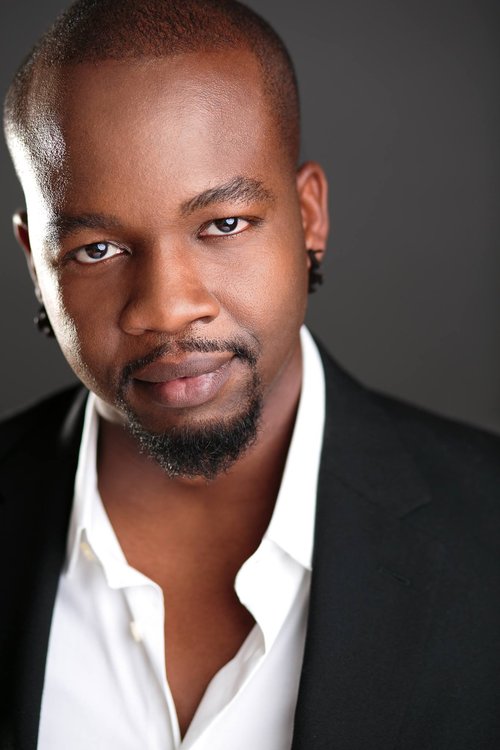Review: THE MAINLY MOZART ALL STAR ORCHESTRA PERFORMS BEETHOVEN'S NINTH at The Epstein Family Amphitheater On The UCSD Campus
A Gathering of Many of the Nation's Finest Musicians for an Exciting ConcertPerformance

San Diego's Mainly Mozart All-Star Orchestra this year included 12 concertmasters and 27 principles among other fine musicians from cities such as Cleveland, Philadelphia, Los Angeles and Toronto. With changing but similar personnel, the orchestra has appeared here for a month each summer for the last 35 years. This year, led by Music Director and Conductor Michael Francis, it performed six Mainly Mozart concerts in two weeks. The sole piece on the final program was Beethoven’s ninth symphony with four operatic singers and the San Diego Master Chorale joining the orchestra.
If there’d been little rehearsal time for the work, it wasn’t apparent. Each of the musicians had almost certainly performed it before. Soloists were compelling and section work precise.
Under Francis’s emphatic urging, the first movement mirrored Beethoven’s heroic determination to overcome what was, by that time in his life, total deafness. The vigorous pace continued until heroic struggle becomes resigned acceptance.
Yes, almost certainly he was reacting to the agony of lost hearing, but great music expresses emotions rather than facts. Beethoven was likely also thinking of the withdrawal of the dedication of his third symphony after Napoleon had changed from heroic champion of the people to failed despot.
The ninth’s second movement is in a lighter, more optimistic mood of rhythmic compulsion. Woodwinds took advantage with bubbling, dance-like enthusiasm.

The outstanding tonal quality and accuracy of these truly all-star musicians was obvious from the beginning, but the third movement's gentle pastoral idyll added another layer of musical control and calm beauty before the finale returned to the power of the first movement.
The Master Chorale had been seated in silence on risers at the back of the stage since the performance began. Before the third movement, the four operatic soloists had taken their seats at the front of the stage to wait in silence, adding to the excited anticipation for Beethoven’s

spectacular setting of Friedrich Schiller's poem “Ode to Joy” in the finale, the thunderous statement that follows tranquility.
Hints of the finale's main theme follow the finale's startling attention-demanding entry. Then a baritone, sung here by the strong voice of Babatunde Akinboboye, provides Beethoven’s brief introduction to Schiller’s poem and the ninth symphony’s ultimate destination.
(Translated from the German of the concert):
“O friends, no more these sounds!
Let us sing more cheerful songs,
more full of joy!”
Joy indeed, with a touch of the earlier ringing heroism in the penetrating masculine tenor

voice of Randall Bills, “All men are brothers!” Solos by mezzo-soprano Susan Platts and soprano Tasha Koontz were equally effective, and the four soloists blended well in their quartet.
When the chorus finally rose and joined in forte voice, Beethoven’s ecstatic invocation of joy reached a peak that lasted until the audience flew to its feet in elated praise after the final note. Conductor Michael Francis had led a performance of Beethoven’s ninth symphony that evoked the memory of a description of the work's 1824 premiere at which the composer conducted. Since he could not hear, the musicians actually watched an assistant conductor instead of Beethoven, and when the audience cheered and applauded in rapturous approval, a vocal soloist helped turn him to see what he hadn't heard. To this day, the symphony has often been called the greatest ever written.
The new Epstein Family amphitheater on the campus of University of California San Diego hosted the Mainly Mozart concert. Although the site has only a quarter of the Rady Shell amphitheater's seating capacity, the stage seems to have been influenced by the Shell's design. A half oval frames performers, electronic equipment, huge speakers and a large video screen to the left. Smaller speakers are mounted halfway back to the rear seats.
The sound system worked as well as the Rady’s in providing excellent stereo separation, audio spotlights on orchestra soloists, and clear section interplay. At this particular concert though, the sound didn’t quite achieve the pure, more realistic quality of the Rady at its best.
I welcome CEO Nancy Laturno’s announcement that Music Director Michael Francis’s contract has been extended to next season. He is as personable, informative and entertaining as any of the conductors who choose to provide introductions to the music to be performed before wielding a baton. On this evening he began by introducing his daughter to the audience, then gave a clear extended analysis of Beethoven’s ninth, with occasional joking asides to the audience and orchestra members.
Francis and most other of this era’s conductors are far from the more typically autocratic conductors of the 19th and 20th Centuries. Georg Solti earned the nickname "The Screaming Skull," and Artur Rodzinski was known to pack a gun on stage.
But Hans von Bulow is my favorite when it comes to Beethoven ninths. Apparently dissatisfied with a first performance for a 19th Century audience in Meiningen, Germany, after enthusiastic applause he turned to the audience and said, “I am so happy to see that you like this masterpiece that I am going to play it again.” And he’d already ordered the doors to be locked.
I'm fairly certain Michael Francis wouldn't have done that, even if we hadn't been outdoors.
.jpg)
Reader Reviews

Videos

